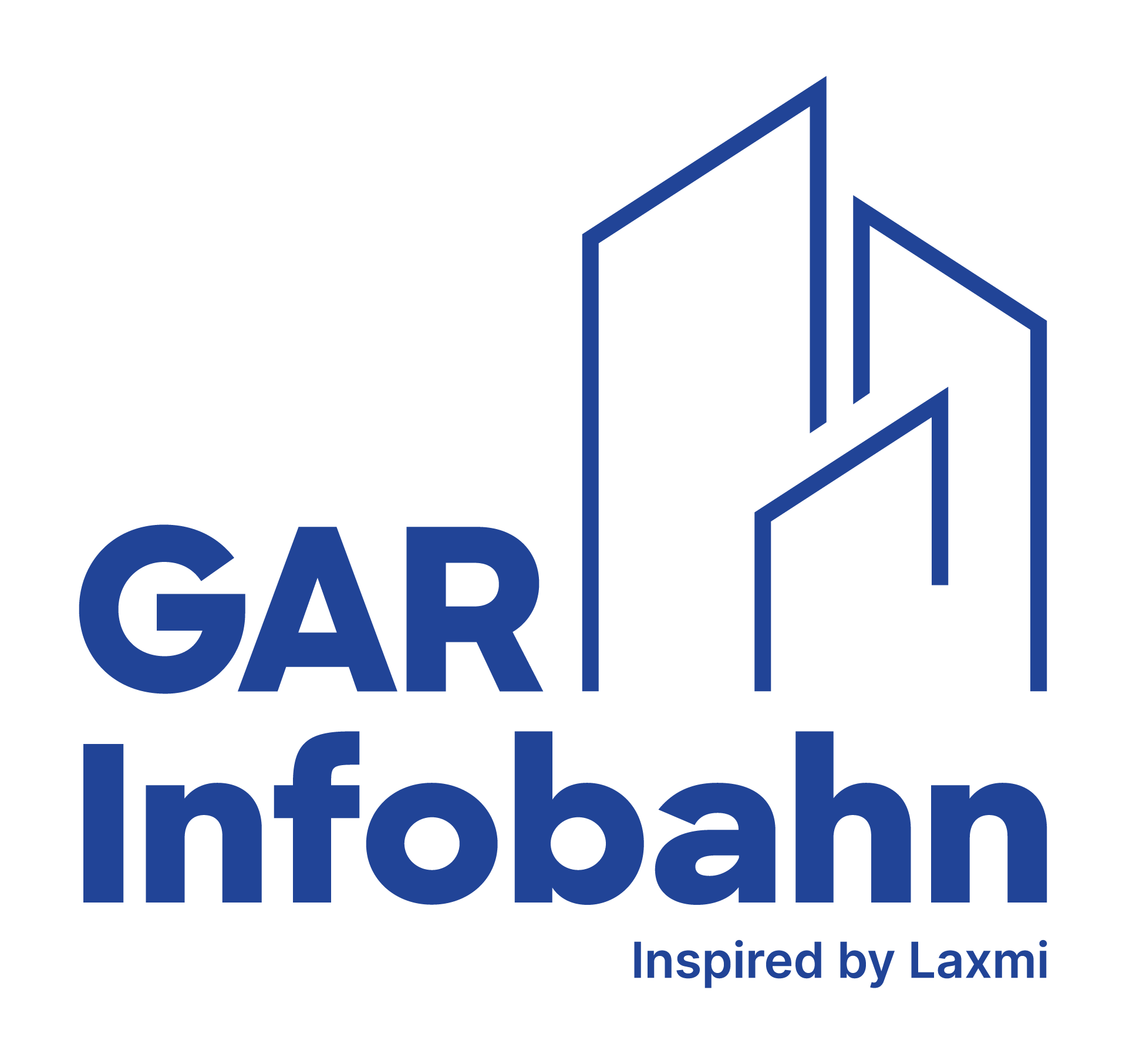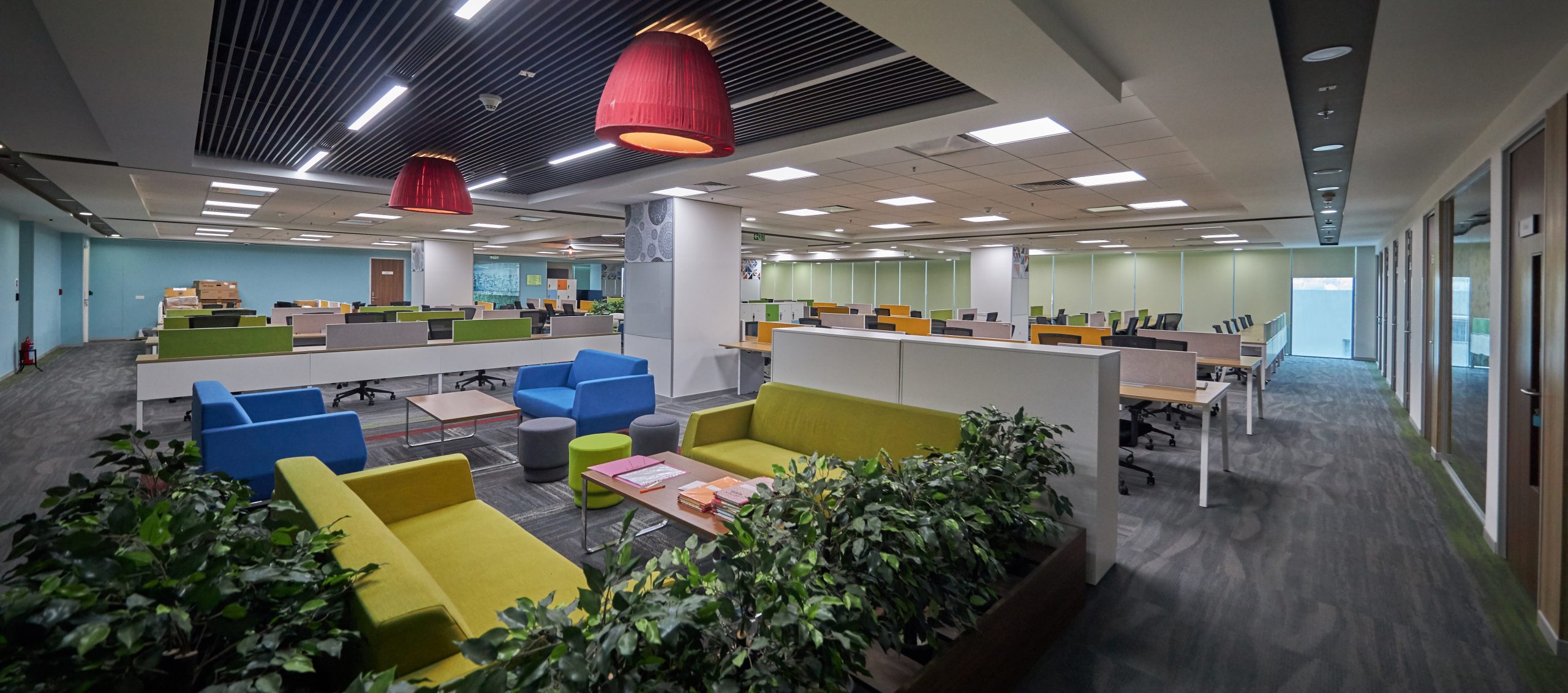
Mental Health, Where The World Stands, And How GAR Perceives A Conducive Workplace To Be. (Part 1)
On 10th October world celebrated World Mental Health Day, and it is marked to ensure that no one identifies an individual because of his bad mental health. Moreover, no one considers a mentally disturbed attitude to be the actual character. It is a fact that in the silent chambers of cognitive and non-cognitive skillsets, a significant battle goes on every day.
Established in 1948 World Federation for Mental Health (WFMH) decided to have ‘Mental Health in an Unequal World’ as the theme for the World Mental Health Day 2021. WFMH conducted a study in low and middle-income countries that revealed 75% – 95% of people suffer from various mental disorders. Plus, they are not able to take advantage of mental health services.
WHO, through a study, has concluded that the global economy loses approximately $1 trillion yearly in lost productivity due to depression and anxiety disorders alone.
The pandemic has started to wane, and there is a clamor for offices to welcome their employees back to work. Even the government is keen for the offices to start working at 100% capacity. In this scenario, it becomes imperative that companies reassure and support their employees with secure, safe, and healthy work environments. Companies must have a mechanism wherein employees can share, talk, or consult someone non-judgmental and non-critical in their approach.
According to a recently conducted global study of more than 2,700 employees, it has come to light that around 75% feel more socially isolated due to COVID 19. It has also shown that 67% are more stressed out. 57% suffer from increased anxiety levels. And 53% are struggling to cope with higher levels of emotional exhaustion. Work-from-Home has resulted in many working, on an average, 2 to 3 hours more. Additionally, employees are also taking care of sick family members apart from working. This additional burden has resulted in more people getting burned out quickly and getting some form of mental illness.
Focus on workplace mental health had gained more traction even before the pandemic hit everyone hard. Companies must put in more effort in this direction now. Many studies have shown that more employees are suffering from some form of PTSD (post-traumatic stress disorder), trauma, depression, anxiety disorder, and burnout in a pandemic-affected world.
Mind (https://www.mind.org.uk) is one of the oldest and leading mental health charity organizations in the world. It advises that an employee should have significant control over their lives for a superior work-life balance. And they should have flexible work hours to carry out their responsibilities and mundane tasks. An appreciable work-life balance allows for a pronounced reduction of stress and acts as a principal tool in preventing burnout at the workplace.
A survey conducted by the National Institute of Mental Health and Neurosciences in 2015-2016 concluded that approximately 13% of the Indian populace (more than 100 million) is afflicted with some form of mental disability or illness. Look at these staggering figures, collated five years ago, and imagine what will be the count today. Due to the pandemic, the figures must have increased exponentially in the last five years. Moreover, the reluctance to seek professional help or not acknowledging having mental health issues persists.
A study titled ‘People at Work 2021: A Global Workforce View’, conducted by ADP (one of the top global Payroll, HR and Tax Services, and Human Capital Management Solutions providers) concluded that Indians got better support for mental health when compared to others in the world. It is positive news. 5% more than the global figure, 70% of workers in India said that their employers acknowledged that pandemic has affected their emotional and psychological well-being and have taken measures to address them. Work-from-Home had some negative consequences, like, employees’ time and productivity were monitored more keenly, adding to more stress. 62% of employees at the global level felt that employers more closely supervised their time-management and daily presence at work, and that figure increased to 72% for employees in India.
Managing both work and family had been one of the biggest challenges in a pandemic-induced work environment for 20% of the respondents. For 12%, the challenging issue was creating a safe work-from-home atmosphere. For 9%, the challenge was preserving productivity at pre-pandemic levels. 7% found it hard to build meaningful relationships.
We at GAR have been proactive in taking care of our employees and tenants. We understand that for an individual to work effectively and efficiently, good mental health is a prerequisite. Employees should have the ability to think, understand, and learn what their emotions mean and convey and appreciate the reactions of others around them. Even if the individual has no mental disorder but has a confused understanding of his emotions and reactions of others, it means he is not in sync with and within the environment he exists, operates, and communicates.
At GAR, we, the management, in close consultation with our HR department, have worked out practical solutions to manage employees’ stresses, self-esteem, morale, spirit, and productivity. For us, their safety and well-being have always been a well-considered article of faith. It has never been an afterthought. We have been proactive in designing functional and healthy workplaces and aware that a properly designed workplace benefits employers and employees.
Therefore, at GAR, workplaces are well-designed and are mental health-supportive. We recognize it as a critical requirement as deteriorating mental health badly affects job performance and leads the employee to have negative associations with fellow workers and management. We know that mental health is a very personal affair and that the employee should not deal with it all alone.
This awareness has allowed us to create a more open and interactive work atmosphere between employees and managers, supporting each other with a flexible approach to issues. Such a direction must flow from the top as it helps the employees confidently speak up and be open about their mental health problems. And we at GAR have been a forward-looking organization in this regard.







